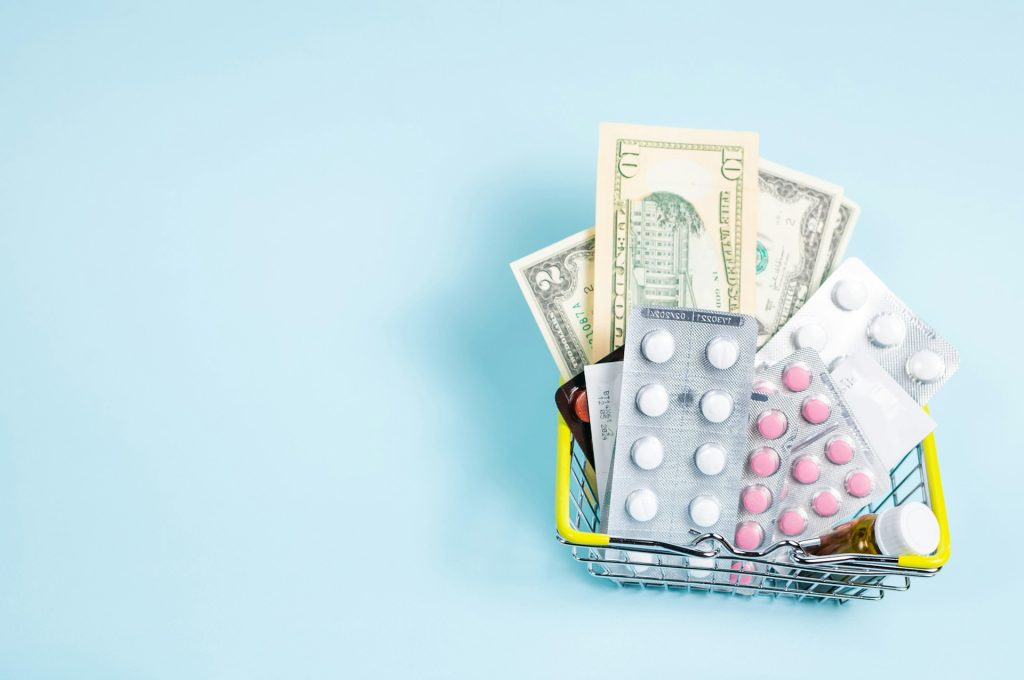
When you get a big medical bill you can’t pay, it’s easy to feel overwhelmed. Medical costs keep rising, and even with insurance, a single hospital visit can leave you with thousands in debt. Many people wonder what happens if they just can’t pay. Could an unpaid medical bill really lead to losing your home or other property? This is a real fear for a lot of families. Understanding the risks and your rights can help you make better choices. Here’s what you need to know about unpaid medical bills and property seizure.
1. What Happens When You Don’t Pay a Medical Bill
If you ignore an unpaid medical bill, the process usually starts with reminders from the hospital or doctor’s office. They might call, send letters, or email you. If you still don’t pay, your account could be sent to a collection agency. This agency will attempt to collect the debt, often through additional calls and letters. At this stage, your credit score can take a hit. Medical debt can show up on your credit report, making it harder to get loans or even rent an apartment.
2. Can a Debt Collector Take Your Property?
A debt collector can’t just show up and take your house or car because of an unpaid medical bill. They don’t have that power. But if you ignore the debt long enough, things can get more serious. The collector might sue you in court. If they win, they get a judgment against you. This judgment is what opens the door to property seizure, but it’s not automatic. There are steps and legal protections along the way.
3. How a Lawsuit Can Lead to Property Seizure
If a collection agency sues you over an unpaid medical bill and wins, the court may issue a judgment. With this judgment, the creditor can ask the court for permission to collect the money in other ways. This could include garnishing your wages, freezing your bank account, or putting a lien on your property. A lien means you can’t sell your home until you pay the debt. In rare cases, the creditor could force the sale of your property, but this is not common for medical debt. Most creditors prefer wage garnishment or bank levies because they’re easier and less expensive.
4. State Laws Matter
Whether your property is at risk depends a lot on where you live. Some states protect your primary home from creditors, even if you lose a lawsuit over an unpaid medical bill. These are called “homestead exemptions.” The rules vary widely. In some states, your home is fully protected. In others, only a certain amount of equity is safe. It’s important to check your state’s laws or talk to a local attorney.
5. What About Your Car or Other Assets?
Most states also have exemptions for cars, personal belongings, and retirement accounts. Creditors usually can’t take everything you own. They have to follow state rules about what’s protected. For example, you might be allowed to keep one car up to a certain value. Retirement accounts like 401(k)s and IRAs are usually safe from creditors. But if you have valuable assets that aren’t protected, those could be at risk if a judgment is entered against you.
6. How to Protect Yourself from Property Seizure
If you’re worried about an unpaid medical bill, don’t ignore it. Talk to the hospital or provider as soon as possible. Many offer payment plans or financial assistance. If your debt goes to collections, you can still try to negotiate. Sometimes collectors will accept less than the full amount. If you get sued, respond to the lawsuit. Don’t skip court dates. You may be able to work out a payment plan or settle the debt before it reaches the point of property seizure. If you’re unsure what to do, consider talking to a nonprofit credit counselor or legal aid service.
7. Bankruptcy as a Last Resort
If you have a lot of unpaid medical bills and can’t see a way out, bankruptcy might be an option. Filing for bankruptcy can stop collection actions, including lawsuits and property seizure. There are different types of bankruptcy, and each has pros and cons. Bankruptcy can have a big impact on your credit, but it can also give you a fresh start. This is a serious step, so talk to a professional before making any decisions.
8. The Importance of Communication
The worst thing you can do with an unpaid medical bill is nothing. Communication is key. Most providers would rather work with you than send your account to collections. Even if you can’t pay the full amount, making small payments or showing you’re trying can help. Keep records of all your conversations and agreements. This can protect you if there’s a dispute later.
9. Don’t Ignore Legal Notices
If you get a court summons or other legal notice about an unpaid medical bill, take it seriously. Ignoring it won’t make it go away. If you don’t respond, the court may enter a default judgment against you. This makes it much easier for creditors to try to seize your property or garnish your wages. If you’re served with legal papers, read them carefully and respond by the deadline.
Protecting Your Home and Peace of Mind
An unpaid medical bill can cause stress, but losing your home or property is rare and usually only happens after a long legal process. Knowing your rights and taking action early can help you avoid the worst outcomes. Stay informed, communicate with creditors, and get help if you need it. Your property is worth protecting, and so is your peace of mind.
Have you ever faced a tough situation with medical debt? Share your story or advice in the comments below.
Read More
Why More Boomers Are Declaring Bankruptcy—And It’s Not Medical Bills
Financial Impacts of Skipping Preventative Medical Care
The post Can an Unpaid Medical Bill Really Lead to Property Seizure? appeared first on The Free Financial Advisor.







